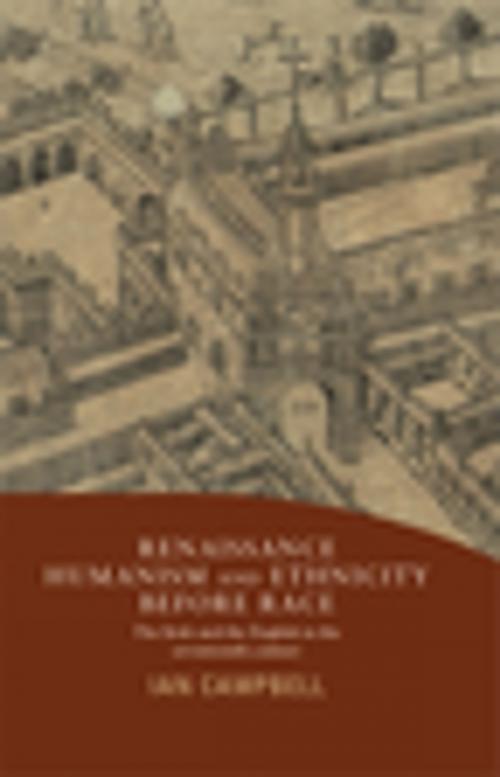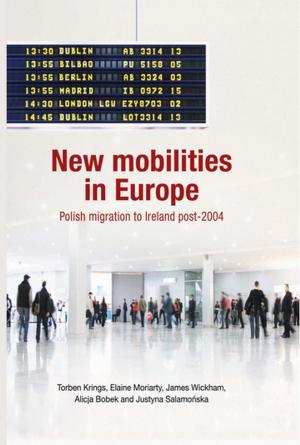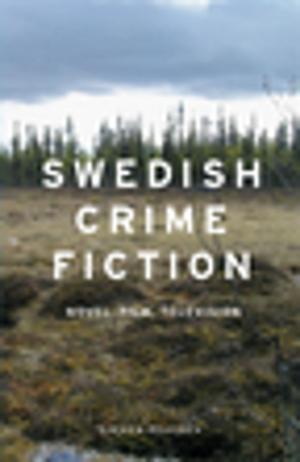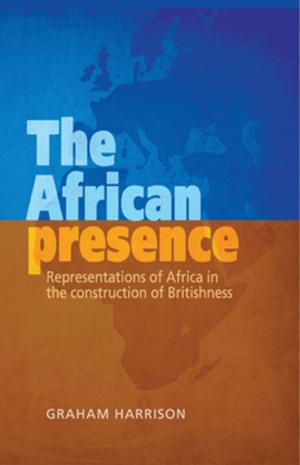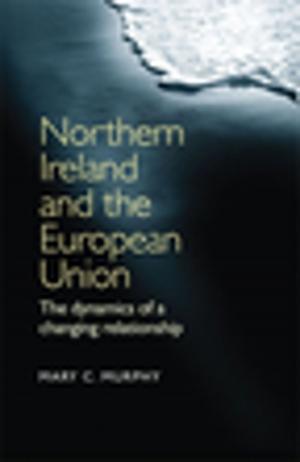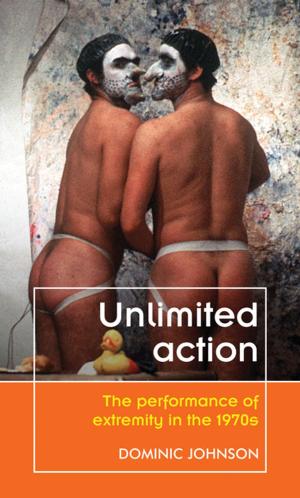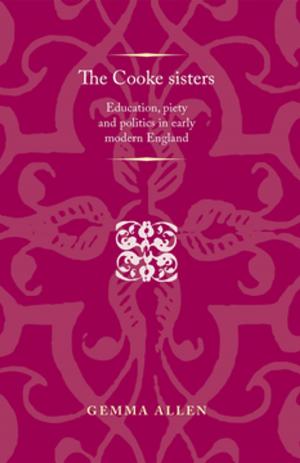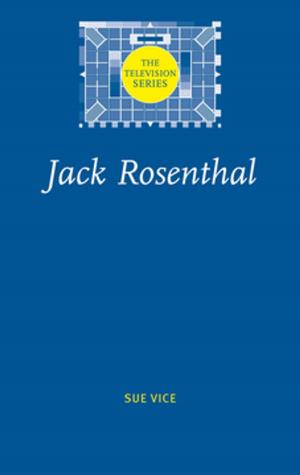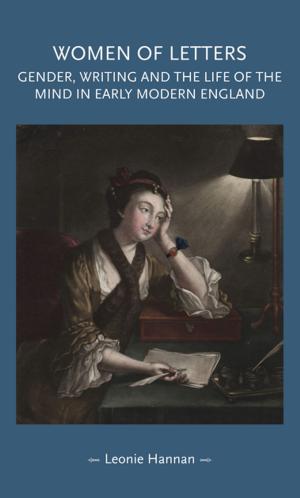Renaissance humanism and ethnicity before race
The Irish and the English in the seventeenth century
Fiction & Literature, Literary Theory & Criticism, British, Nonfiction, History| Author: | Ian Campbell | ISBN: | 9781526102652 |
| Publisher: | Manchester University Press | Publication: | November 1, 2015 |
| Imprint: | Manchester University Press | Language: | English |
| Author: | Ian Campbell |
| ISBN: | 9781526102652 |
| Publisher: | Manchester University Press |
| Publication: | November 1, 2015 |
| Imprint: | Manchester University Press |
| Language: | English |
The modern ideology of race, so important in twentieth-century Europe, incorporates both a theory of human societies and a theory of human bodies. Ian Campbell’s new study examines how the elite in early modern Ireland spoke about human societies and human bodies, and demonstrates that this elite discourse was grounded in a commitment to the languages and sciences of Renaissance Humanism. Emphasising the education of all of early modern Ireland’s antagonistic ethnic groups in common European university and grammar school traditions, Campbell explains both the workings of the learned English critique of Irish society, and the no less learned Irish response. Then he turns to Irish debates on nobility, medicine and theology in order to illuminate the problem of human heredity. He concludes by demonstrating how the Enlightenment swept away these humanist theories of body and society, prior to the development of modern racial ideology in the late eighteenth century.
The modern ideology of race, so important in twentieth-century Europe, incorporates both a theory of human societies and a theory of human bodies. Ian Campbell’s new study examines how the elite in early modern Ireland spoke about human societies and human bodies, and demonstrates that this elite discourse was grounded in a commitment to the languages and sciences of Renaissance Humanism. Emphasising the education of all of early modern Ireland’s antagonistic ethnic groups in common European university and grammar school traditions, Campbell explains both the workings of the learned English critique of Irish society, and the no less learned Irish response. Then he turns to Irish debates on nobility, medicine and theology in order to illuminate the problem of human heredity. He concludes by demonstrating how the Enlightenment swept away these humanist theories of body and society, prior to the development of modern racial ideology in the late eighteenth century.
